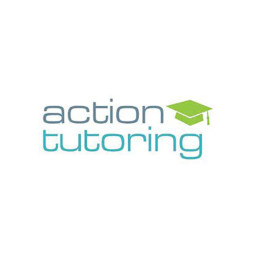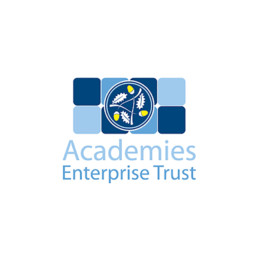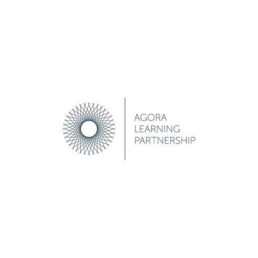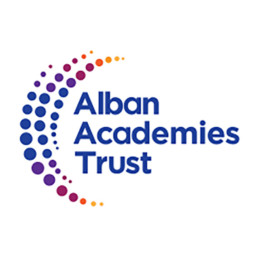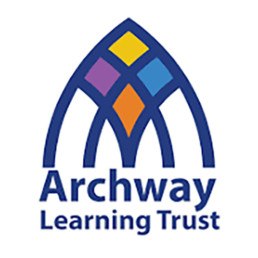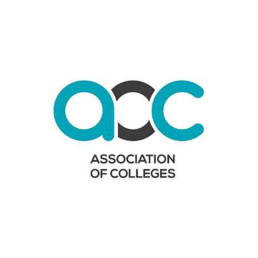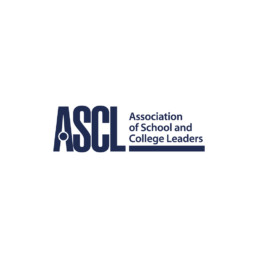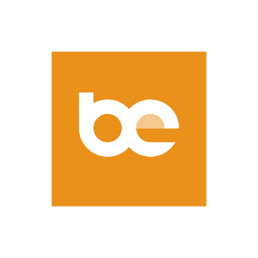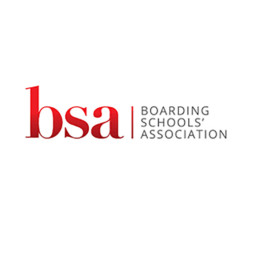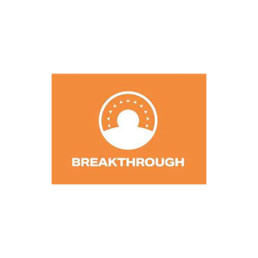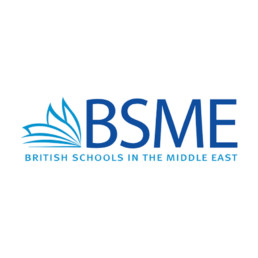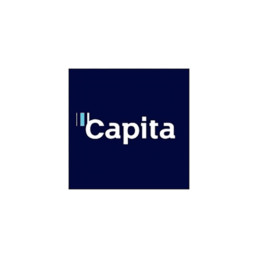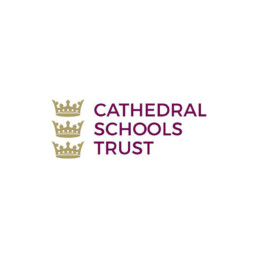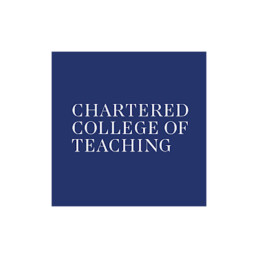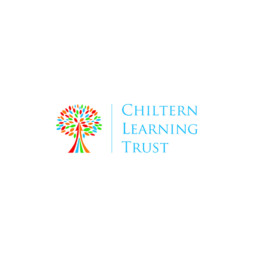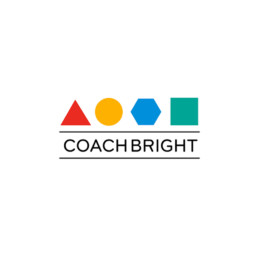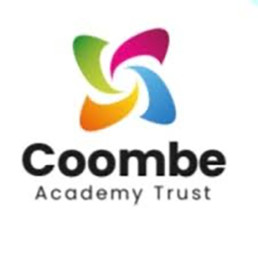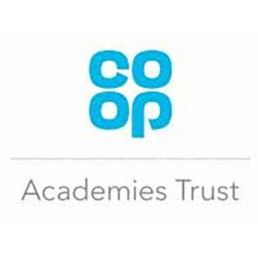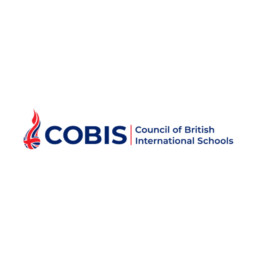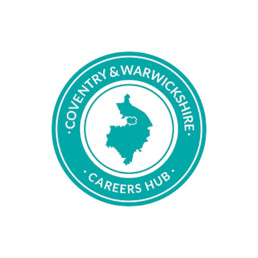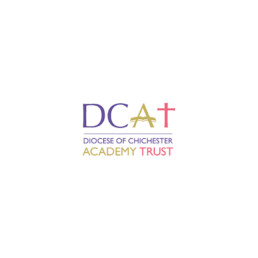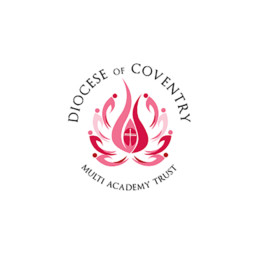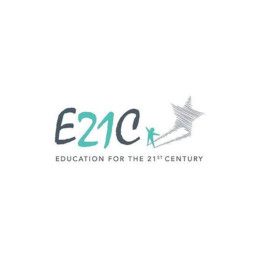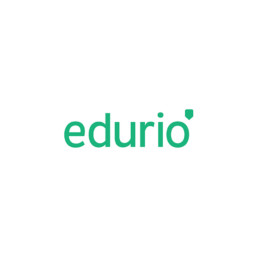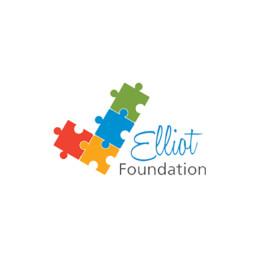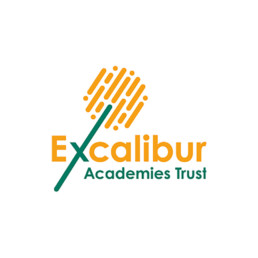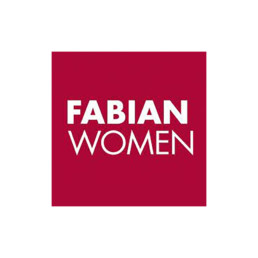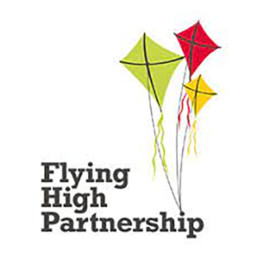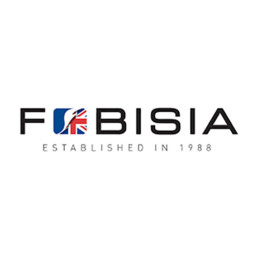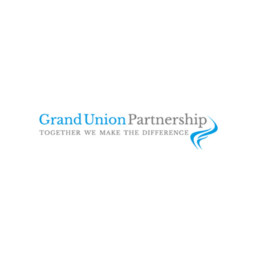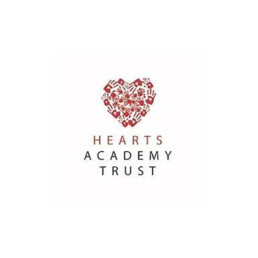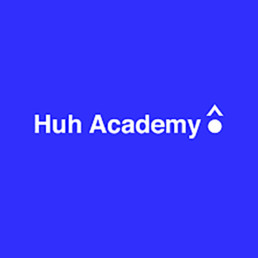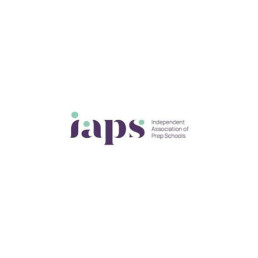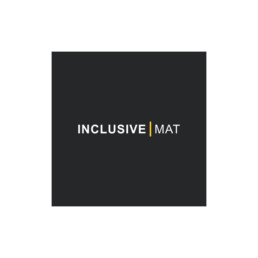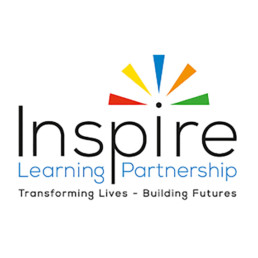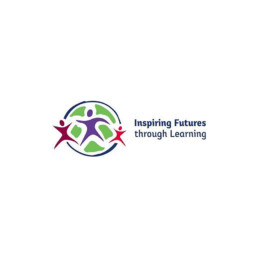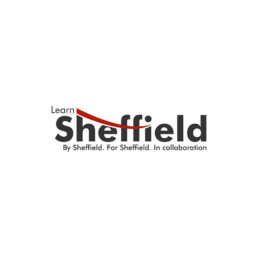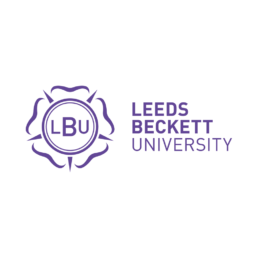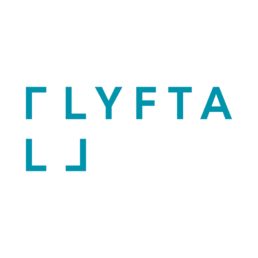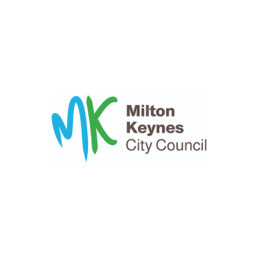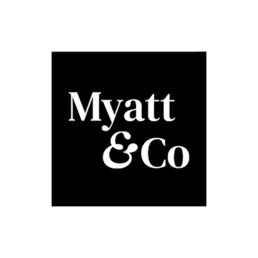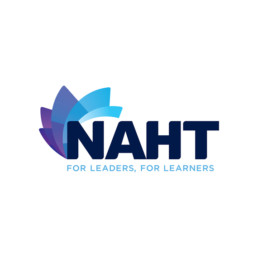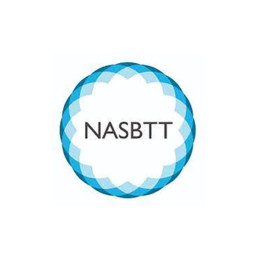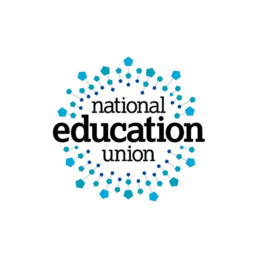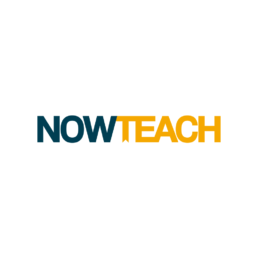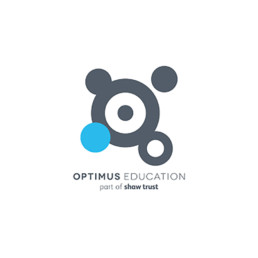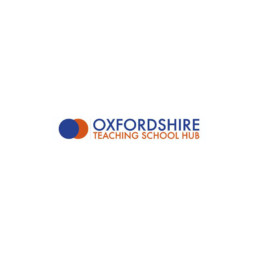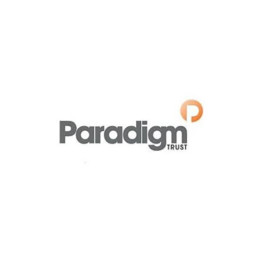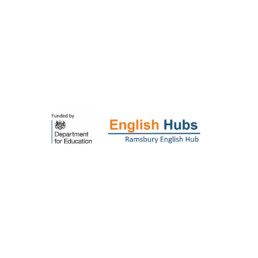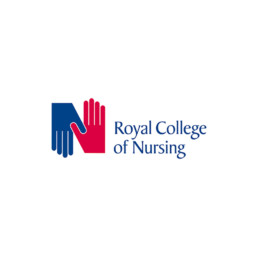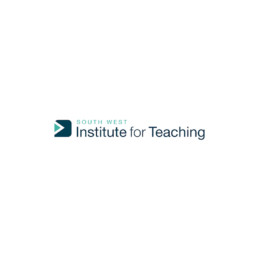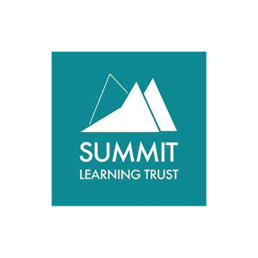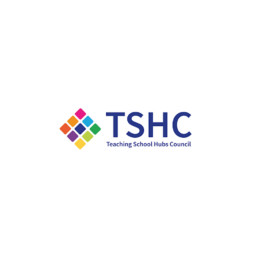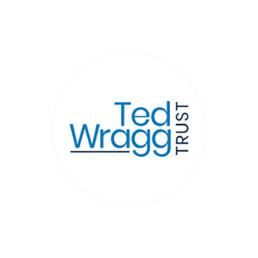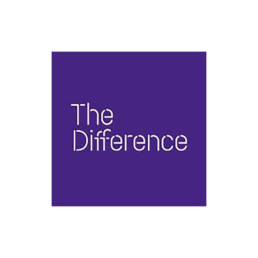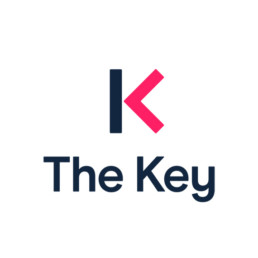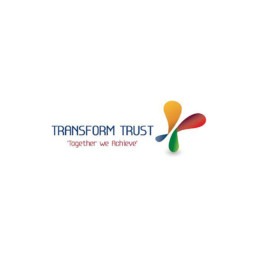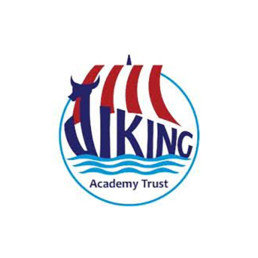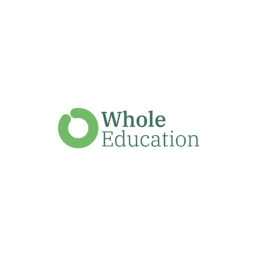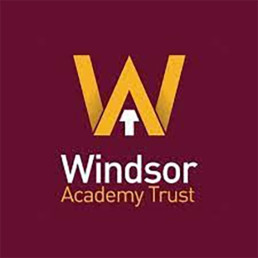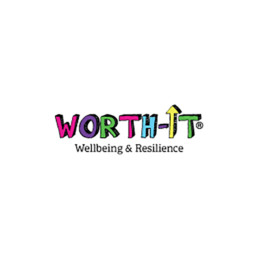Culturally Responsive Pedagogy Toolkit
Culturally Responsive Pedagogy Toolkit
Culturally Responsive Pedagogy Toolkit
Toolkit collated by Jess Boyd
What is Culturally Responsive Pedagogy?
Culturally Responsive Pedagogy is an approach to teaching that aims to integrate, promote and maintain the cultural background of students in schools. Here’s a brief history of the term and how it has evolved:
In the early 1990s in the United States, Dr. Gloria Ladson-Billings coined and defined the term ‘Culturally Relevant Teaching’: teaching that empowers students to maintain cultural integrity while being academically successful. The approach to teaching is based on the cultural competence of the teachers. She wrote that “it urges collective action based on cultural understanding, experiences, and ways of knowing the world.” Since then, this practice has become widely known and accepted widely in the field of Education in America.
Here is a brief summary of what Ladson-Billings’ research concluded as Culturally Responsive Pedagogy (adapted from Dr Gloria Ladson-Billings’ “Dreamkeepers” and “Crossing Over to Cannan”):
- The teacher presumes ALL students can learn and succeed.
- The teacher has clear goals for student learning and achievement and delineates what achievement means to students in the context of their classroom.
- The teacher devotes the majority of class time to teaching and learning.
- The teacher measures academic achievement (student learning) through a variety of means.
- The teacher thinks deeply and critically about what they teach, how they teach and why they are teaching it.
- The teacher knows the context, knows the learner and knows how to teach the content to the learner.
- The teacher supports a critical consciousness towards the curriculum.
- The teacher understands culture and its role in education.
- The teacher takes responsibility for learning about students’ culture and community.
- The teacher uses the students’ culture as a basis for learning.
- The teacher interrogates their own identity, culture, biases and privilege to critically assess and strengthen instructional practice.
- The teacher believes in the individual as well as the collective brilliance of their students.
- The teacher helps students recognise and honour their own cultural beliefs and practices while accessing and learning about the wider culture/world.
- The teacher prioritises creating a community of learners. One where students support one another in their learning and feel responsible for/ invested in each other's learning and success.
- The teacher actively develops their own socio-political consciousness and that of their students.
- The teacher knows the larger socio-political context of the school-community-nation-world.
- The teacher incorporates issues of equity and the local/broader socio-political context into the required curriculum.
- The teacher fosters students’ critical consciousness - developing in students the knowledge and skills to engage the world and others critically.
- A set of beliefs and dispositions that inform pedagogy
- Grounded in a rich, critical multicultural curriculum
- A pedagogy that all teachers can be successful at implementing it they work at it
- Addresses strengths of all students
- About making the classroom space engaging and relevant for ALL students
- A checklist for lesson planning
- A specific curriculum
- Only something non-white teachers can do
- Only for non-white students
- Only about raising the self-esteem of non-white students
- About ‘learning styles’ of students
- Relevant only to students who speak english as a second language
- Seasonal
- A set of specific and discrete strategies
- A check-list or a destination I can arrive at
After almost 20 years of employing this practice, the field has evolved and on the shoulders of Dr. Ladson-Billing and many other scholars have adapted this work. For instance, in 2012 Dr. Django Paris argued that a more appropriate term could be Pedagogy that Sustains Culture: that is, a pedagogy that seeks to value, encourage and perpetuate – to maintain – the cultural backgrounds of students as part of education.
The concepts overlap. One derives directly from the other. In this toolkit, we may also use the term Culture-Based Pedagogy to learn from classroom environments that integrate, respond, value and sustain students’ cultural backgrounds. However, you will see both terms used in the videos and articles.
Also, although you will notice references to an American context, the key ideas of a pedagogy that seeks to build on and strengthen student culture are ancient and found in many parts of the world; intercultural education, culture-based education and pre-colonial educational practices are similar concepts (see the videos later in the toolkit).
Lastly, do keep in mind that each culture has its own values, practices and history. While some examples in this toolkit may not be from your context, we recommend using them as a way to see how valuable Culturally Responsive Pedagogy is and how it can be implemented.
The Diverse Educators’ Culturally Responsive Pedagogy Toolkit
- What is Culturally Responsive Pedagogy and how can this practice effectively support students?
- What can Culturally Responsive Pedagogy look like in classrooms?
- What aspects of our school culture and/or classroom practices can be adapted to ensure we are being more inclusive of students’ cultural identities?
Classroom Visits
- Australia: Aboriginal Studies Class - Tennant Creek High School
- Canada: Global Teacher Prize winner (Maggie)
- New Zealand: Warrior Scholars - Decolonising education (Key vocabulary: Maori = indigenous group in New Zealand; Pakeha = whites / Europeans; Pasifika / Tonga = people originating from these islands near New Zealand; Otara = neighbourhood with the majority of Pasifikas residents)
- Philippines: Global Teacher Prize finalist (Jesus)
- Romania: Anca Mezei - Reclaiming identity, culture and community in the classroom
Note: It is recommended that you watch the videos two or three at a time, instead of watching all of them at the same time, in order to focus deeply on each one and not get too tired.
- What are you learning from each class about Culture-Based Pedagogy?
- Can you identify at least two practices that you observed regarding Culture-Based Pedagogy in each classroom?
- What did the teacher do? How did the students respond?
- How does each classroom define success and what does the teacher do to support students in achieving it?
Articles
Blogs
Books
Ladson-Billings, Gloria
But That’s Just Good Teaching! The Case for Culturally Relevant Pedagogy
Paris, Django, Alim, H. Samy
Culturally Sustaining Pedagogies: Teaching and Learning for Justice in a Changing World (Language and Literacy Series)
Stembridge, Adeyemi
Culturally Responsive Education in the Classroom: An Equity Framework for Pedagogy
Podcasts
Resources
TED Talks
Videos
Our Establishing the Place of Religion and Belief in Schools Training

Our Establishing the Place of Religion and Belief in Schools Training
Our Establishing the Place of Religion and Belief in Schools Training
Our Training Offer
We support primary schools, secondary schools, colleges and special schools to explore conversations about religion and belief in schools/ the workplace.
We create and hold a safe space for all staff to explore their beliefs, express their views and to get curious about how we can hold multiple truths.
We can deliver face-to-face or virtual INSET and twilight professional learning sessions.
- Understanding and responding to the equalities issues regarding religion
- Being clear on the implications of the Equality Act and the Public Sector Equality Duty
- Exploring what inspectors will be looking for when they visit
- Becoming aware of the impact on policy and practice in school
DiverseEd really do know how to deliver DEIB topics sensitively, yet powerfully. Because they are experienced at working in a range of settings, they understand the nuance and complexity of the work we are trying to do, and give good advice, which we have already begun to take actions on. I recommend their toolkits, and their training.
Farina Ackerman, AVP Curriculum
Our Clients
Our Clients
Our Clients
We love working with values-aligned individuals, teams and organisations who are committed to Diversity, Equity, Inclusion and Belonging in their contexts.
Our foundations are in the education sector, however, we are being approached by more and more clients from other sectors including health, finance and legal.
We develop strong working relationships with our clients based on trust, honesty and support so that we can serve our clients as critical friends.
- Schools (state, independent and international)
- Colleges
- Multi-Academy Trusts
- Higher Education Institutions
- Localities
- SCITTs
- Teaching School Hubs
- English Hubs
- Unions
- Charities
- Social Enterprises
- Businesses
Get in touch if you are a prospective client who is interested in our services and you would like to work with Diverse Educators in shaping and delivering your DEI strategy. We offer consultancy, coaching, training and critical friendship packages that work for your capacity, your timescale and your budget.
A – E
F – J
K – O
P – T
U – Z
Equitable Coaching
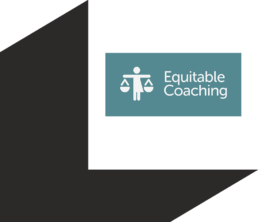
Equitable Coaching
We exist to challenge structural and institutional discrimination. We are a group of practitioners and coaches who support organisations to work equitably, coaching leaders to develop and accelerate anti-racist practice. We coach people to resist all forms of discrimination, specialising in resisting racism, challenging heteronormativity, homophobia and transphobia within policy and in leadership. We run monthly white accountability spaces for people racialised as white to develop practices to recognise and resist the impact of whiteness and racism in their own leadership. We lead research and publish work focusing on the impact of whiteness in majoritised white senior leadership teams. We coach families experiencing adoption and fostering. We offer support for interview preparation and job applications in education.
Our work is based on PhD research from Claire Stewart-Hall who is a researcher in whiteness and leadership. Claire runs white accountability spaces as a regular monthly space to be challenged and share a network of other practitioners who desire challenge necessary to develop anti-racist practice. Claire has published work for BERA, Equity in Education and in Diverse Educators Manifesto and is a regular speaker at DEI conferences all over the world. Her Phd is entitled: whiteness and school leadership, a case study of Bristol schools.
Institute of School Business Leadership
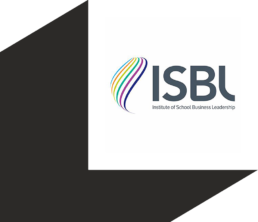
Institute of School Business Leadership
We are the dedicated professional body for those engaged in school business leadership activity. We are guardians of professional standards, we over see qualifications underpinned by those standards, we accredit practice, we guide colleagues through their career journeys, with advocate for professionalisation and we promote the status of our professional community across the broad range settings.
There are numerous pieces of research available to the public in our research hub including a specific report on EDI and the experience of school business professionals, a report on barriers to joined up leadership and a working survey covering date related to diversity. We have also signed up to the sector bodies EDI statement of intent.
Community Interest Luton
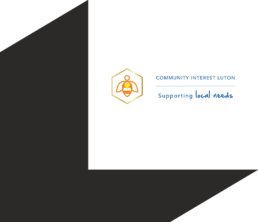
Community Interest Luton
Community Interest Luton is a registered charity and is proud to manage numerous successful projects which help thousands of people from the most deprived areas of Luton. We work in partnership with other organisations to offer services that raise skill levels, reduce unemployment, reduce deprivation, promote opportunities and improve wellbeing.
We have the Luton and Bedfordshire Community Awards every year
Our Navigating Intersectionality Training
Our Navigating Intersectionality Training
Our Navigating Intersectionality Training
Our Training Offer
We support all stakeholders in becoming more conscious of the impact that intersectionality has on the experiences of individuals and groups as they navigate multiple layers of oppression.
Taking an intersectional approach to DEI ensures that no-one is left behind and that as educators and employers we are seeking to identify and remove multiple barriers.
We can deliver face to face and virtually, for twilights, INSETs and conferences.
- Understanding what intersectionality is.
- Reflecting on how multiple systems of inequality overlap.
- Being aware of the multiple factors that manifest advantage and disadvantage.
- Recognising how intersectionality impacts individuals and groups.
- Applying an intersectional lens to our DEI strategy.
Audrey was fantastic and engaging. We have had lots of positive feedback from members of staff representing different areas of the school. The resources provided are really useful and easily accessible.
Head of History, Orleans Park
Our Disrupting Unconscious Bias Training
Our Disrupting Unconscious Bias Training
Our Disrupting Unconscious Bias Training
Our Training Offer
We support all stakeholders in becoming more aware of different types of conscious and unconscious bias; in becoming more confident in identifying and calling out/ in bias as it manifests itself in our behaviours and decisions; in becoming more competent in changing processes and practices to remove opportunities for bias.
We can deliver face to face and virtually, for twilights, INSETs and conferences.
- Developing consciousness of how and when bias manifests itself
- Challenging stereotypes as they arise
- Recognising the impact that bias has on our behaviours and decisions
- Understanding the link between bias, microaggressions and discrimination
- Identifying the impact bias has on career pathways
Our school is on a journey to become a truly anti-racist school – this is an important and ambitious goal and one that needs inclusive leaders with ‘humility and a ferocious will’ . DiverseEd is supporting our school on this journey by providing inspiration, support and resources to empower our school community to change together.
Rae Potter, Headteacher
Our Creating Inclusive Workplaces Training
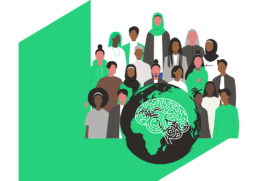
Our Creating Inclusive Workplaces Training
Our Creating Inclusive Workplaces Training
Our Training Offer
We support all stakeholders in schools, colleges and trusts, in developing their consciousness, confidence and competence in ensuring that their workplace is inclusive.
We will create a safe space for you to explore your identity, power and privilege. We will create a brave space for you to consider how you can leverage your privilege and expand your sphere of influence. We will create an intentional space for you to review how small changes can make a big impact for how included people feel.
We can deliver face to face and virtually, for twilights, INSETs and conferences.
- Understanding what it means to be included and to belong in a workplace
- Ensuring that we are being intentionally inclusive in everything we do within our workplaces
- Raising awareness of the societal, structural and systemic barriers impacting different individuals and groups
- Challenging language, behaviours and practices that are not inclusive
- Reviewing how we show up how we interact and we hold space for each other
The CPD sessions provided by Diverse Educators were well pitched, planned and delivered, provided much food for thought and will empower our staff to develop and embellish the EDI work that is already underway across the curriculum – it was excellent!
Headmaster, King Edward VI Handsworth Grammar School
Our Addressing Microaggressions Training
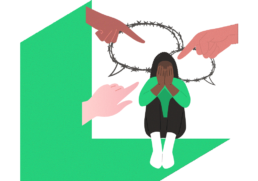
Our Addressing Microaggressions Training
Our Addressing Microaggressions Training
Our Training Offer
We support all stakeholders in becoming more conscious of the impact of our language and behaviour on others, in becoming more confident in addressing microaggressions when we see and hear them, in becoming more competent in the skills we need to develop to model inclusive language and behaviours.
We can deliver face to face and virtually, for twilights, INSETs and conferences.
- Understanding what microaggressions are.
- Recognising prejudiced attitudes targeting marginalised groups.
- Reflecting how microaggressions affirm stereotypes.
- Being aware of the impact of microaggressions on individuals and on groups.
- Exploring the difference between microinsults, microassaults and microinvalidations.
The training was engaging, clear and delivered with openness and honesty. It promoted great discussion between different groups of staff.
Sharon Khan, Assistant Headteacher



